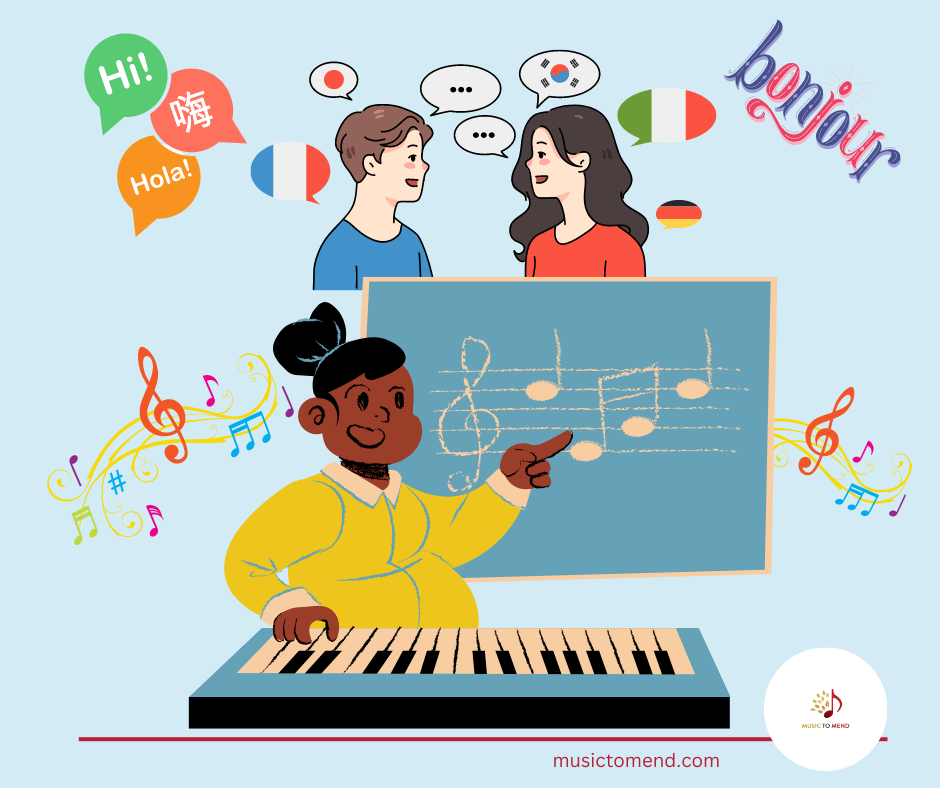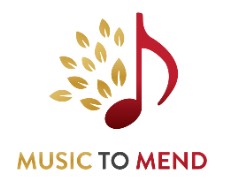The Surprising Benefits of Learning an Instrument to Unlock Your Language Learning Potential

ES_Peruvian-River-Sight-of-Wonders
What is the Connection Between Music and Language Learning?
In today’s article, we’ll discuss how music and language are interconnected in a variety of ways. Music can be used as a tool to help with the learning of a new language. It can enhance the process of memorizing, understanding and speaking the target language. Learning an instrument is also beneficial for learning a new language because it helps develop motor skills necessary for mastering pronunciation and intonation. Furthermore, understanding musical notation can help learners gain an understanding of grammar rules, which is essential for mastering any language.
How Can Music Help You Learn a Language?
Music has been used as a tool to learn languages for centuries. It is believed that music helps to improve the ability to remember words and phrases and also helps to develop a better understanding of the language. You can learn a language faster and more efficiently by listening, singing, and playing musical instruments.
The connection between language and music is complex but powerful. Music can help you understand the structure of language, how native speakers use it in everyday conversations, and how words are pronounced correctly. Additionally, learning an instrument or singing can help you practice speaking in another language since it requires memorizing words and phrases as well as pronunciation skills.
In short, music can be an effective tool for learning a new language when used correctly. It can help with vocabulary memorization, pronunciation accuracy, understanding grammar rules, and even developing confidence in speaking the target language.
Music has been used for centuries to help people relax, focus, and improve their memory. Now, with the help of music brain training, playing an instrument can be used to enhance your cognitive skills. Instrumental music can help you improve your concentration and memory recall. Studies have shown that practicing a musical instrument can also lead to improved executive functioning skills such as multitasking and planning. Furthermore, playing an instrument can be a great way to reduce stress levels and increase overall well-being. In this article, we will explore the various benefits of playing an instrument for brain training and discuss how you can use instrumental music to enhance memory and concentration.

Rhythmic Patterns and Understanding Syntax in Different Languages
Understanding syntax in different languages is important for anyone who wants to communicate effectively. It is also essential for those who want to learn another language. To help with this, researchers have developed rhythmic and musical patterns to aid in language comprehension.
Rhythmic patterns are used to help learners understand the structure of a language, while musical patterns can be used to help them become fluent in the language. Depending on the learner’s needs and goals, these patterns can be used together or separately. By understanding the syntax of a language, learners can better comprehend its meaning and use it more accurately when speaking or writing.
How Playing the Piano Can Help Develop Your Language Skills
Playing the piano can have many benefits, including helping you to develop your language skills. Learning a second language is often challenging, but playing the piano can help you learn it faster and more confidently. It can also help you to easily learn a new language by providing an enjoyable and interactive way of learning.
Piano playing can help to develop your language skills in multiple ways. It provides an opportunity for you to practice speaking and listening at the same time, as well as giving you a chance to practice reading and writing. Additionally, playing the piano allows for repetition, which helps to reinforce learned material and improve recall of words and phrases. Piano playing is an effective tool for enhancing memory retention and recollection of new words. Studies have shown that learning to play the piano can improve memorization skills and help remember new vocabulary words. Playing the piano also encourages creativity and imagination, which can be beneficial when trying to recall information. Additionally, playing the piano has been found to reduce stress levels, which can further improve memory retention and recollection of new words.
How to Incorporate Musical Instruments into Your Foreign Language Learning Routine
In summary, incorporating musical instruments into your foreign language learning routine can be a great way to learn a language in an enjoyable and effective way. Learning music helps to improve pronunciation, intonation, and rhythm. Playing an instrument also boosts confidence in children and helps them become more comfortable with the language. Moreover, it is beneficial for memorizing words and phrases and understanding the target language’s culture. With these advantages in mind, let’s look at how you can incorporate musical instruments into your child’s foreign language study routine.
And remember, raising healthy children is an investment in the future. The benefits of raising healthy children extend far beyond childhood, with positive adult health outcomes that can be seen for years to come.







